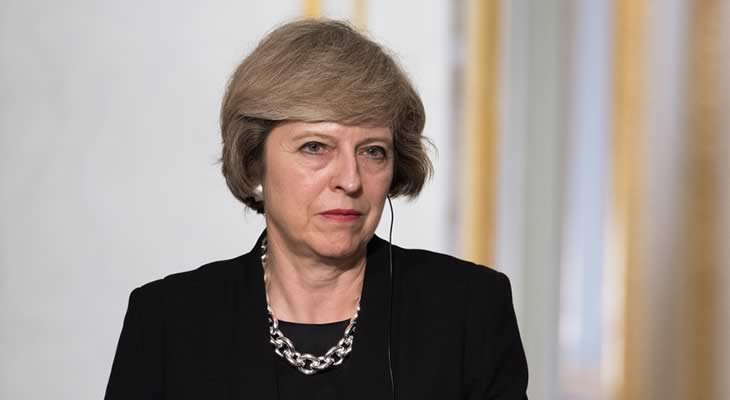Friday’s incoming data slew is likely to be the last UK data to influence the Pound before focus switches to political developments next week.
The final session before the weekend sees the release of industrial and manufacturing production reports, construction output figures, trade data, consumer inflation expectations and the National Institute of Economic and Social Research (NIESR) GDP estimate.
The data is largely expected to worsen on previous levels, with trade deficits widening; construction, industrial and manufacturing output slowing; and inflation expectations rising from 2.8% to 3.2% for the next twelve months.
PMIs released last week have pointed to a slowdown in the economy during February; tomorrow’s data – covering January – has the potential to further sour expectations for first quarter growth if it does indeed reveal weakening activity.
NIESR’s GDP estimate for the three months to February is expected to slow from 0.7% to 0.6%, which would still see the economy performing at the level it was following the post-referendum surge in activity.
Should this come in lower, it will harden the belief that the UK economy is set to weaken over the coming months. This will leave Pound exchange rates on bearish form as the focus switches to the political events of next week.
Wednesday theoretically sees Prime Minister Theresa May triggering Article 50; the exit clause of the Lisbon Treaty that begins the Brexit process proper.
Her ability to do so remains dependent upon the outcome of Parliamentary scrutiny of the legislation required to authorise her to kick-start withdrawal talks.
The bill has already been through the House of Commons – unaltered – but will return next week as MPs debate amendments made by the House of Lords.
Peers voted overwhelmingly in favour of an additional clause to force the Prime Minister to guarantee the right to permanent residency of EU nationals already living in the UK, as well as an amendment forcing her to give MPs a ‘meaningful’ vote on the final deal secured.
Both of these are a significant blow to May and Tories in the House of Commons are mostly likely to seek to overrule the House of Lords and remove the amendments.
However, with the vote not taking place until the 13th and with the House of Lords potentially having to debate the bill again should MPs vote to alter – rather than remove – their amendments, it looks like Theresa May could be forced to wait until closer to her absolute deadline of March 31st.
If the amended bill gets passed straight away in Parliament, Theresa May will be on track to invoke Article 50, albeit with her powers marginally curbed and her strategy somewhat dented. This, despite signalling Brexit is truly on the way, is likely to support the Pound somewhat.
If the changes are abandoned in the commons and the bill goes through unaltered, GBP exchange rates could weaken significantly as Brexit gets started.
At the time of writing, the GBP EUR exchange rates were trading around 1.15 and GBP USD exchange rates were trading around 1.21, down -0.2% on opening levels in both instances.


Comments are closed.